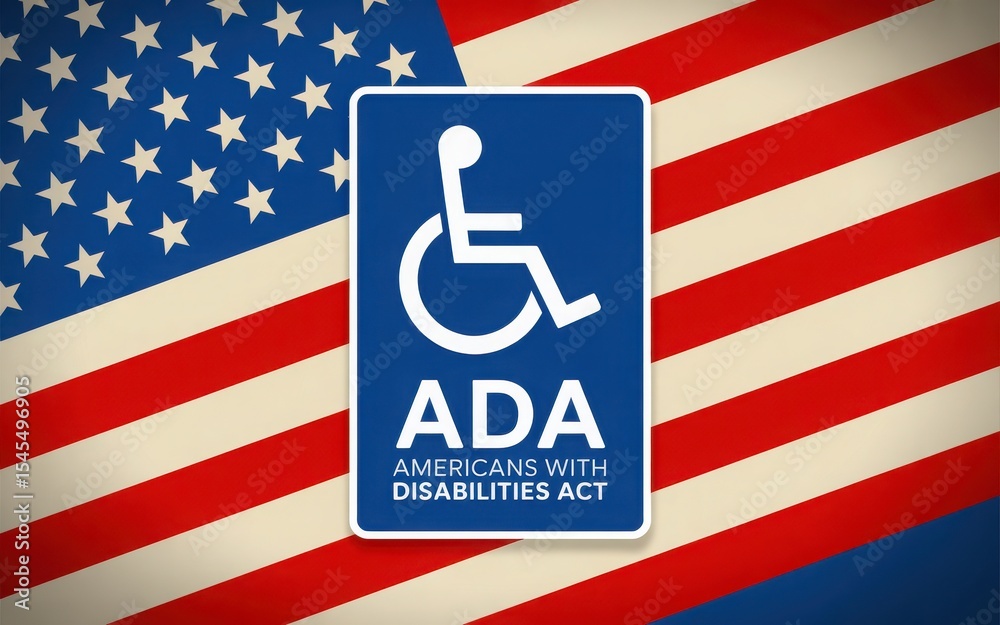At the end of June, the U.S. Supreme Court ruled in a 7–2 decision that the Americans with Disabilities Act (ADA) does not apply to people who have already retired. The Court clarified that the ADA only protects “qualified individuals”, those who are currently working or applying for a job, not those who have retired.
Case Details: Stanley v. City of Sanford
The case involved a woman who worked as a firefighter for the City of Sanford, Fla. When she was hired in 1999, the City provided health insurance until age 65 for two groups: those who retired after 25 years of service, and those who had to retire early due to a disability.
In 2003, the City changed this policy. Under the new policy, only those with 25 years of service would retain health insurance until age 65. People who retired early due to a disability would only receive 24 months of coverage.
The woman later became disabled and had to retire in 2018. She received only 24 months of health insurance and decided to sue the City. She argued that discontinuing her benefits sooner than others was unequal treatment and violated the ADA.
The Court’s Ruling
The federal district court, the Eleventh Circuit Court of Appeals, and the U.S. Supreme Court all ruled against the plaintiff. All three levels of the court system reiterated the same point: because the plaintiff was no longer working for the City or trying to return to work, the ADA no longer applied to her situation.
The Supreme Court made it clear that the ADA is meant to prevent disability-based discrimination in the workplace, not after someone has retired. Since the plaintiff was no longer a “qualified individual” under the law, her claim did not qualify.
Why This Matters
This ruling has broad implications. It means that once someone retires, they are no longer protected by the ADA when it comes to matters like benefits. Employers can legally offer different retirement benefits to different groups, such as people who retire after long service versus those who retire due to disability, as long as these distinctions do not affect current employees or applicants.
This ruling should be considered when making decisions about retiree benefit plans. It clarifies that offering benefits based on years of service or disability retirement is permissible under the law and is not considered an ADA violation.



